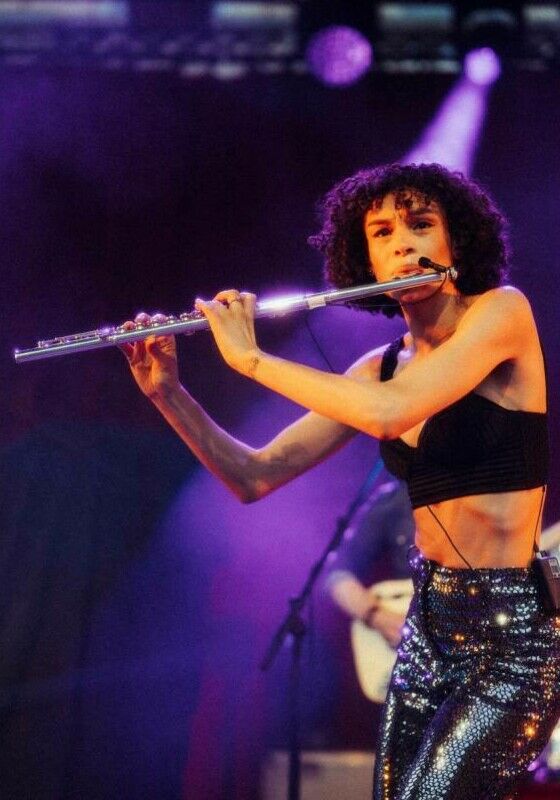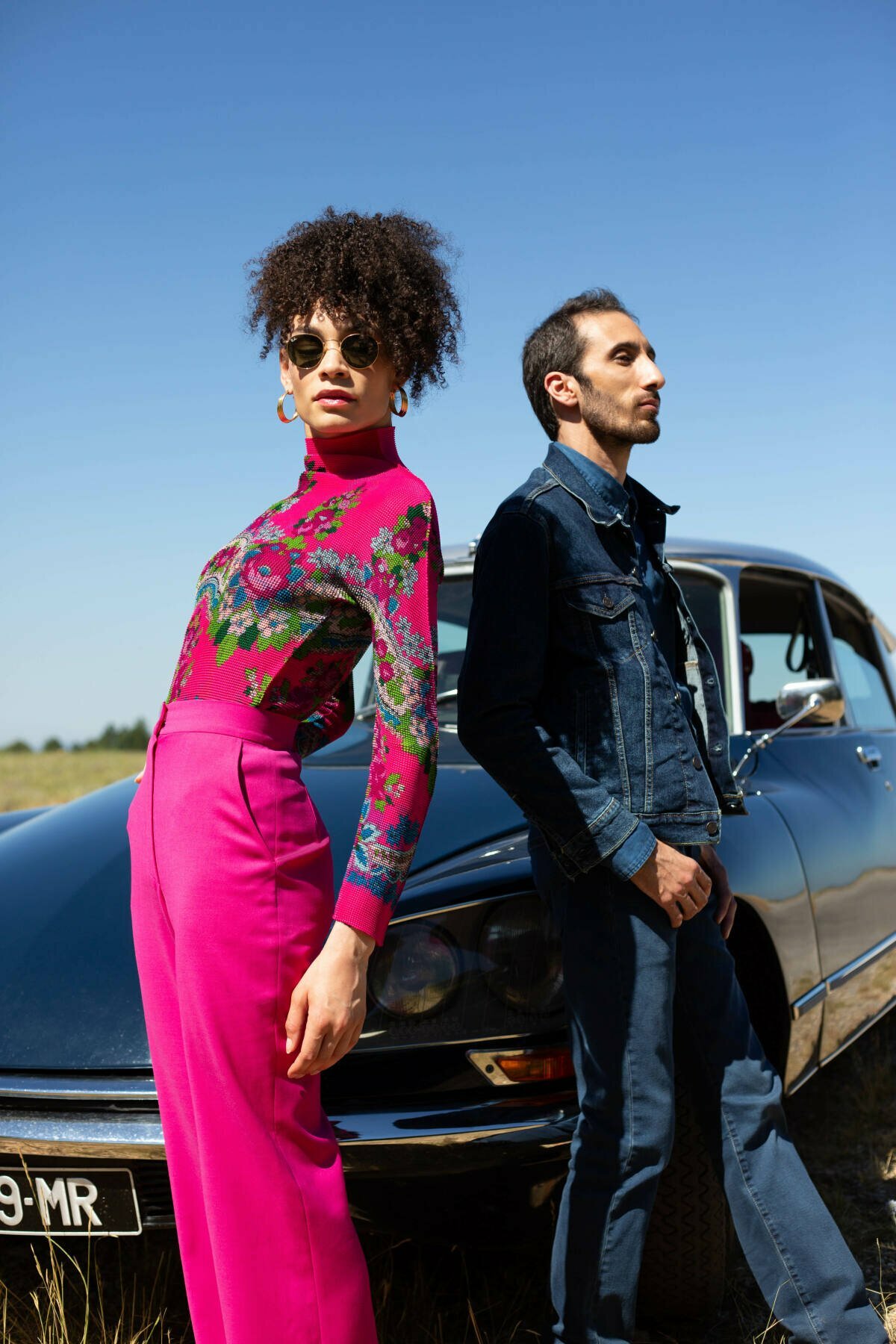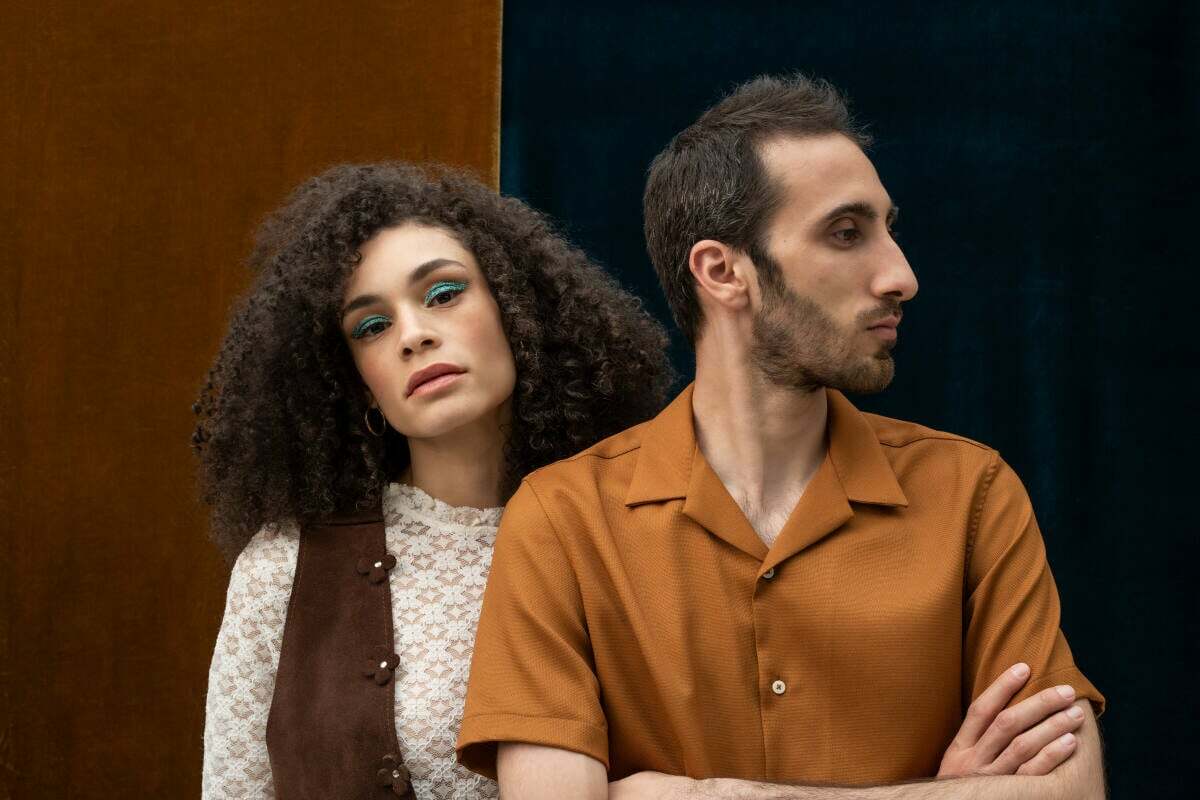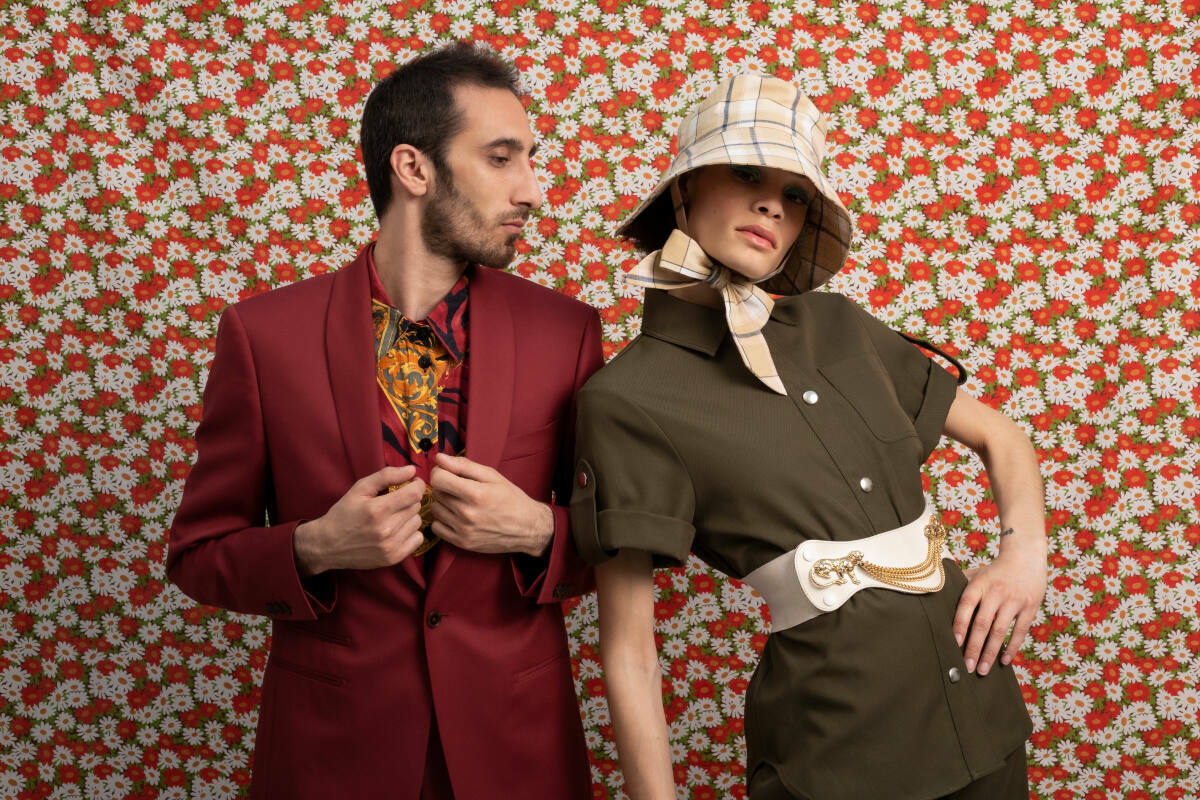French duo ROSAWAY may draw on influences from Justice to Tedeschi-Trucks, but both members are musical heavy hitters. Vocalist and flautist Rachel Ombredane studied classical music and musicology at Paris’s renowned Sorbonne university, writing a thesis on post-World War II women French singers, while Stéphane Avellaneda is an internationally touring blues drummer whose tenure in New Orleans led him to play with B.B. King and members of The Meters.
The duo use Audix microphones for their live performances; Ombredane employs an OM7 on her vocal and an ADX-10FLP on her flute, while Avellaneda uses the D6 on his kick drum and floor tom.
Tell us a little bit about your musical backgrounds and how you formed the group…
Rachel: I studied flute at conservatory and did a degree in musicology at the Sorbonne.
Stéph: I studied classical music for just a few years. Then I went back to modern drumming and studied a lot of jazz in France and Switzerland. I was also in a special music program in high school, where we had regular studies plus about 13 hours per week of music.
How did you meet?
Rachel: We actually had met five years before at a musician wedding in the U.S. Stéph was living in New Orleans and I was still in Paris. After something like four years we said, “We should start a band!" and a year later we recorded our first songs.
Stéph: Yeah, it took a year because we were both busy working with different artists and not even in the same country.
Rachel: When we released our first three songs, we immediately were asked to start booking shows. We didn’t think it would go that fast!
Stéph: It was an interesting beginning of our story. Like Rachel said, we had released just three songs and planned on taking a year to get things going. Then we got 10 shows booked just from people calling us. You don’t play a show with just three songs, right? So, we just started writing and arranging like maniacs at my parents’ house. It was: go on the road, play our set, come back home, write some more songs, then go out again.







